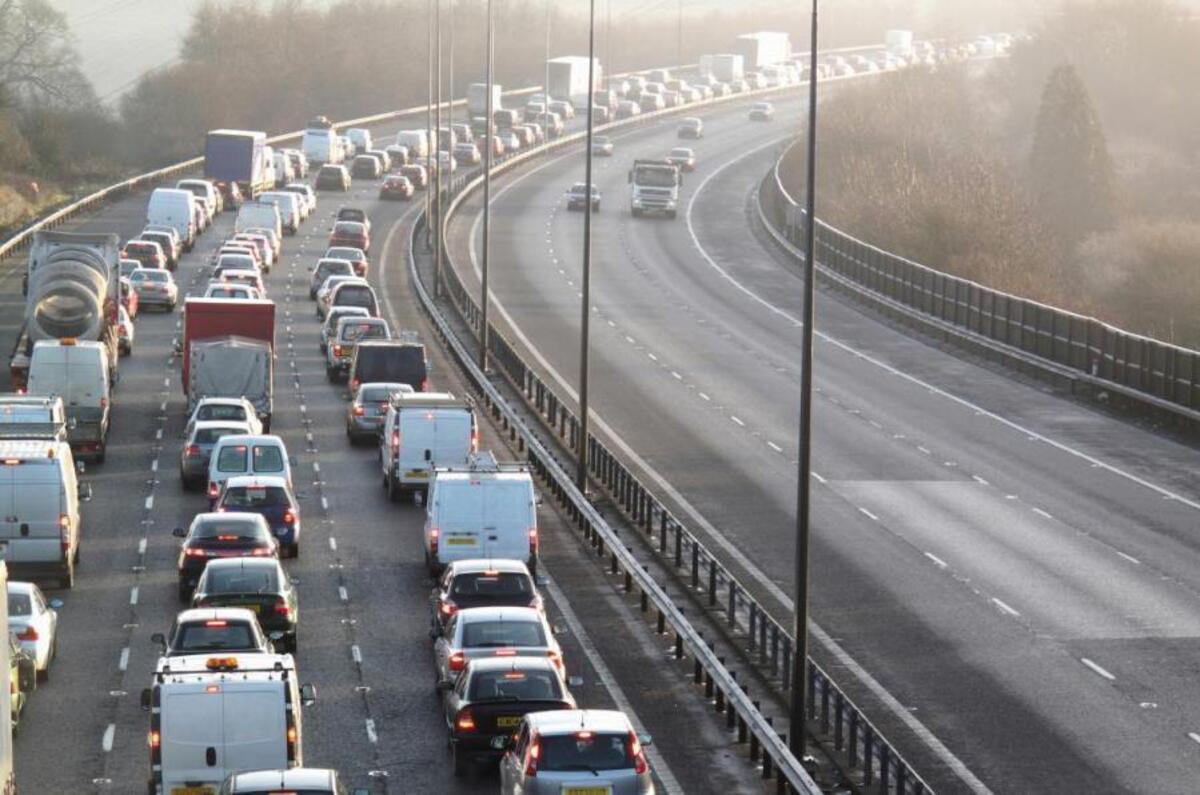A long-rumoured roads pricing scheme is being considered by the UK government to help fill the tax shortfall caused by the gradual switch to electric cars, The Times is reporting.
The paper claims that chancellor Rishi Sunak has received a Treasury paper for a nationwide road pricing scheme. He is said to be “very interested” in the idea , which would be required to help balance out the expected loss of up to £40 billion of tax revenue from fuel duty and vehicle excise duty.
The report comes as the government is this week expected to announce that the proposed ban on the sale of new petrol and diesel cars will be brought forward to 2030. That's substantially sooner than the current 2040 proposal, but new hybrids will be able to use combustion engines until 2035.
Although the scheme is said to be not “imminent” by a government source speaking to The Times, it is described as an “increasingly pressing” issue for the Treasury. It has outlined potential options for road pricing in an analysis report, but it seems no decision has been made.
In October 2019, the cross-party House of Commons Transport Select Committee pledged that it would start “a national debate” over the introduction of potential pay-per-mile road pricing schemes. A Labour government first considered road pricing 13 years ago, but plans were dropped over fears of a public backlash.
A prime example of how a national road pricing scheme could operate is seen on the M6 toll road in the West Midlands. To access the road, cars must pay a daily £6.70 fee for weekdays, with a £12 fee for HGVs. Congestion charging in central London has already been expanded, with a second charge added in 2019 to further penalise the most polluting cars.
Commenting on the report, RAC head of roads policy Nicholas Lyes said "While not paying car tax is clearly an incentive to go fully electric at the moment, we will very soon need a system that can levy tax on both conventionally fuelled and battery electric vehicles fairly. If this isn’t addressed, we risk finding ourselves in a situation where petrol and diesel drivers continue to pay all the tax for using the roads which is unsustainable."
READ MORE
London congestion charge returns with a 30% price hike
MPs want national debate on road charging schemes
EVs could put UK's fuel duty system on the rocks




Join the debate
Add your comment
Time for revolution
Scrap the entire system as being more trouble to implement that it's worth, and nudge income tax up slightly.
Power to the people
Why are EV vehicles exempt?, is this utopia?, can energy be used for free, what about fitting solar panels to my house and then there being a shortfall in the money that the electrical company. The people that drive the car industry to produce new cars for themselves will have to pay for that I'm afraid, same as some of us got right up the rear with diesel scams and retro-charged Co2 scams as well and all sorts of other government nonsense. No need for a shortfall, just charge us as per normal. This type of thing tells me very clearly that some sort of engineering science needs to be applied to this issue and keep the taxation issue well away from politicians who always have some ulterior motive for everything they do and that's partially if not wholly the reason why this has happened in the first place.
NO!
Totally unacceptable that a group of people who already pay tax at a rate already approaching 80% should be taxed further (VAT, Excise Duty, Tax on fuel, Licence Fee) and in order to subsidise another similar group also using the roads.
I have always wanted to ask an MP why I should pay a higher rate of tax on driving to visit my wife in hospital than a Banker pays on his bonus!
Poll Tax repeat perhaps?